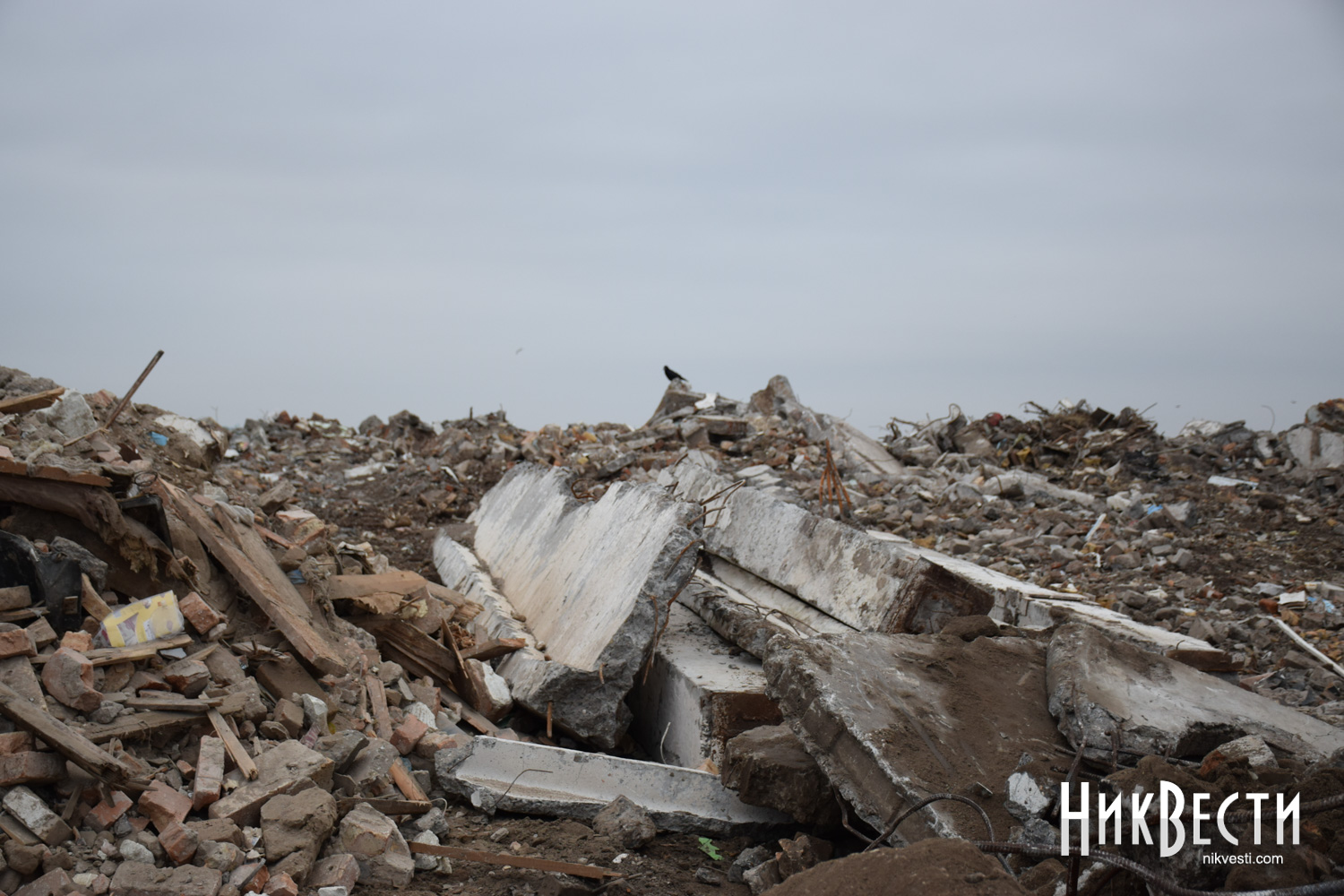The Japanese company JICA wants to build a construction waste processing plant in Mykolaiv: the city has already received equipment worth €1 million
- Alisa Melik-Adamian
-
•
-
13:30, 22 May, 2024
The Japanese agency for international cooperation JICA plans to build a plant for the processing of solid household waste accumulated as a result of Russian shelling on the territory of Mykolaiv.
The mayor of Mykolaiv, Oleksandr Sienkevych, stated this on Tuesday, May 21, during a briefing , NikVesti reports.
The mayor said that together with his deputy Serhiy Korenev, he visited Japan and presented two projects there, one of them on solid household waste management.
Processing of construction debris that remains after explosions is the main purpose of the plant, says the mayor. So far, the city has already received the equipment necessary for work in the amount of 1 million euros.
«JICA company «Japanese International Cooperation Agency» is a Japanese agency for international cooperation. We have already received a very serious technique worth 1 million euros. I'm not saying what kind of equipment, so that it doesn't hit to where it works. Another issue is precisely the additional equipment for processing this garbage. That is, it will not be some company that will operate, it will be operated by the city. We are currently continuing to receive this equipment and will train our staff,» Oleksandr Sienkevych said.
After the implementation of this project, Mykolaiv will start working on the creation of an asphalt plant. The enterprise will reuse «second-hand» materials for the construction of roads in particular.
«The next project that we will present and seek funding for is the construction of an asphalt plant that will use these second-hand construction materials to build roads. This is a big project. We have consultants. Serhii Koreniev is working on the project. I think that if he comes to you for a briefing in the near future, he will tell you in more detail. Because he manages the project from idea to implementation,» the mayor added.
Earlier, NikVesti told DHCS that Mykolaiv will receive a machine for recycling demolition waste and a loader under the United Nations Development Program (UNDP), and the rest of the equipment will come from the Japanese company JICA.
Destruction waste in the Mykolaiv region
By the end of 2023, Mykolaiv region is among the six regions most littered with demolition waste: they occupy an area of more than half a million square meters of the region. Currently, part of this waste is stored in landfills, and another part is still at the sites of destruction. This causes damage to the environment of the region: the destruction waste pollutes water, soil, and air. And therefore the question arises of their professional utilization and re-processing for the reconstruction of the region, it is told in the article «Raise from the ruins: How are they going to get rid of the waste of destruction in Mykolaiv region?».
As of the end of November 2023, 57 hectares of the territory of the Mykolaiv region were littered with construction debris created as a result of shelling. At the same time, the Department of Housing and Communal Services of Mykolaiv reported that by the end of 2023, the city should receive a special installation for shredding demolition waste.
During 2023, five temporary storage sites for demolition waste were identified in the Mykolaiv region.
At the same time, on the territory of the Mykolaiv region, they are going to build a plant for the processing of construction waste, which was formed as a result of enemy shelling. It is assumed that the plant will work for the processing of construction waste in two regions: Mykolaiv and Kherson, said the head of the Shevchenkove community Oleh Pylypenko. The Shevchenkove community also wants to deal with the disposal of hazardous demolition waste containing asbestos.
Read also the article NikVesti «Eco-development of the south: where do the waste of destruction disappear and how useful is the example of Kharkiv».
